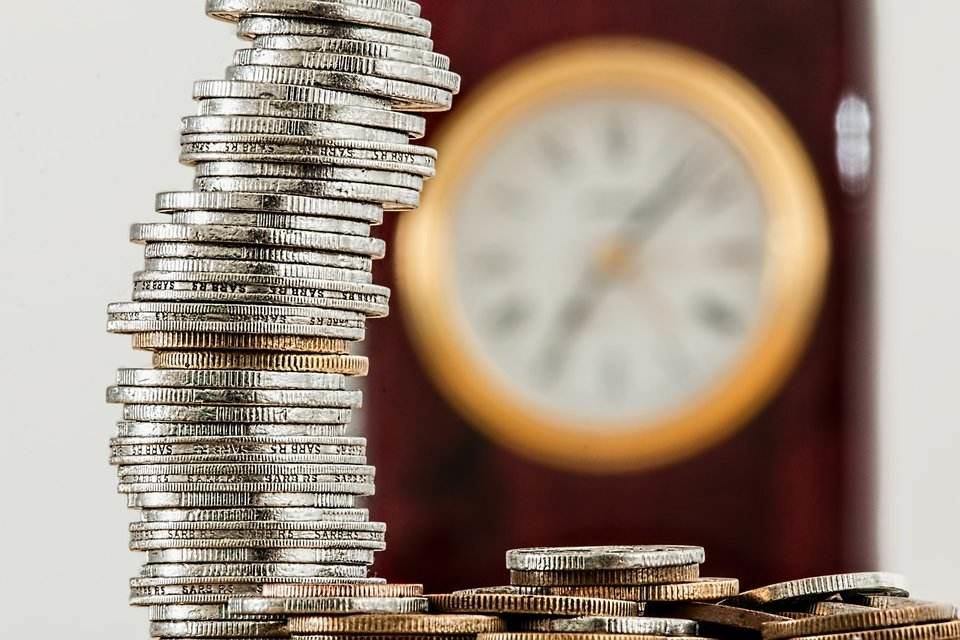Let’s make a budget plan, right now.
A Budget Plan is basically a template of how much money you can spend on certain things.
It means looking at your total expenses and income, comparing them and working out which things can be eliminated, or ways in which to reduce your spending, and then deciding how much of what you’re left with you can afford to spend. This can be done by the use of a budget plan or budget template, or just mentally on a daily basis.
How to Budget
To start with, get some paper and a pen out and work out how much per month you earn or obtain. You can do this per week if it’s easier to work it out that way. Just establish a regular income and write this down.

Straight away, remove from this number the total cost of everything that you know you will have to spend or pay in an average month (or week if you’re doing it that way). This means your rent, food bills, utility bills, car insurance, fuel, clothes, direct debits for things such as life insurance or a mortgage, debts, interest on loans etc.
Once you’ve removed that from your total monthly income, what are you left with? Now if it’s a positive number, meaning above 0, this is good, this means you can make a budget plan and start saving. At this stage, start thinking about things you don’t need to be spending money on.
What can you do to reduce your spending of this excess?
This excess would usually be used for things you ‘want’ and don’t need, things like going out to the pub or buying fancy gadgets or phones. These things are not needed for survival and certainly aren’t needed when you’re trying to save and make more money.
Stop spending money on those things, or at the very least reduce it and set a limit on them. If you enjoy going to the pub regularly for example, cut it down by half and set a weekly amount that you will spend and no more than that. Set the limit and write it on the fridge if you need to, to remember.
Only take out the amount of money you have decided to spend with you when you go out. Don’t pay for things on your card because you’ll spend more than you would if it was physical cash. This is because our mind thinks of money on a card differently to physical money. Anything, and I mean anything you can live without, stop paying for.
Switch to basic food items instead of high-end higher quality foods for now, cancel phone contracts you don’t need etc. You really need to make sure your income exceeds your outgoings before you can make serious progress and make serious money.
Budget planning template
So now that you’ve got some idea of how you’re going to reduce your spending on the things you don’t need; it’s time to think about the budget plan.
This is basically you writing down a specific amount of money you’re going to spend on certain things, each month.
Start with food, tot up how much you spend on food each month and then look at reducing it firstly, and then once it’s down to the basics, set a specific number, say £80. That’s your budget plan for the food, for the month.
Don’t go above that, to make sure you actually stick to it, consider having the number made obvious in your house, maybe stick it on a note on the fridge. Make sure you remember not to go over it. Even if you’re at the shop and there’s something you really want. Just remember the plan and don’t over spend.
Things like rent and bills are things that can’t really be changed, they are a set amount each month anyway. However, if you’re billed by the meter on things like gas and electricity, consider really trying to reduce how much you use, and keep checking the meter to see how much you’ve used.
Create a specific limit for these things to encourage you to stick to it, don’t just think; it’ll be alright at the end of the month. If it helps you, you can draw up a table of things like food, heating, entertainment, travel etc and how much you can afford to spend on each one.
So set yourself a budget plan, and stick to it.
